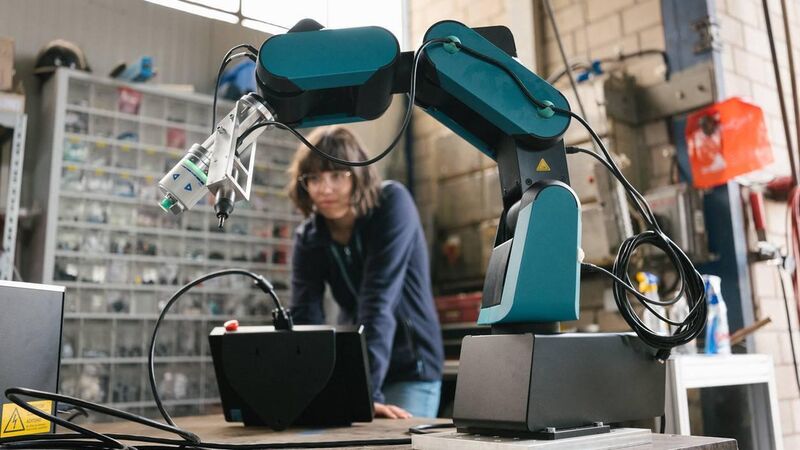World of work options for 2023 graduates

Hot demand: In Ireland in recent years, more than 80% of new graduates have found work within nine months of graduation.
For the graduates of 2023, career prospects are varied and numerous in a jobs market fully recovered from the pandemic.
Employment rates amongst graduates have rebounded strongly, with the number of third level graduates in employment having surpassed pre-Covid-19 levels. According to the most recent Graduate Outcomes Survey published last November by the Higher Education Authority, up to 82% had found work within nine months of graduation.














